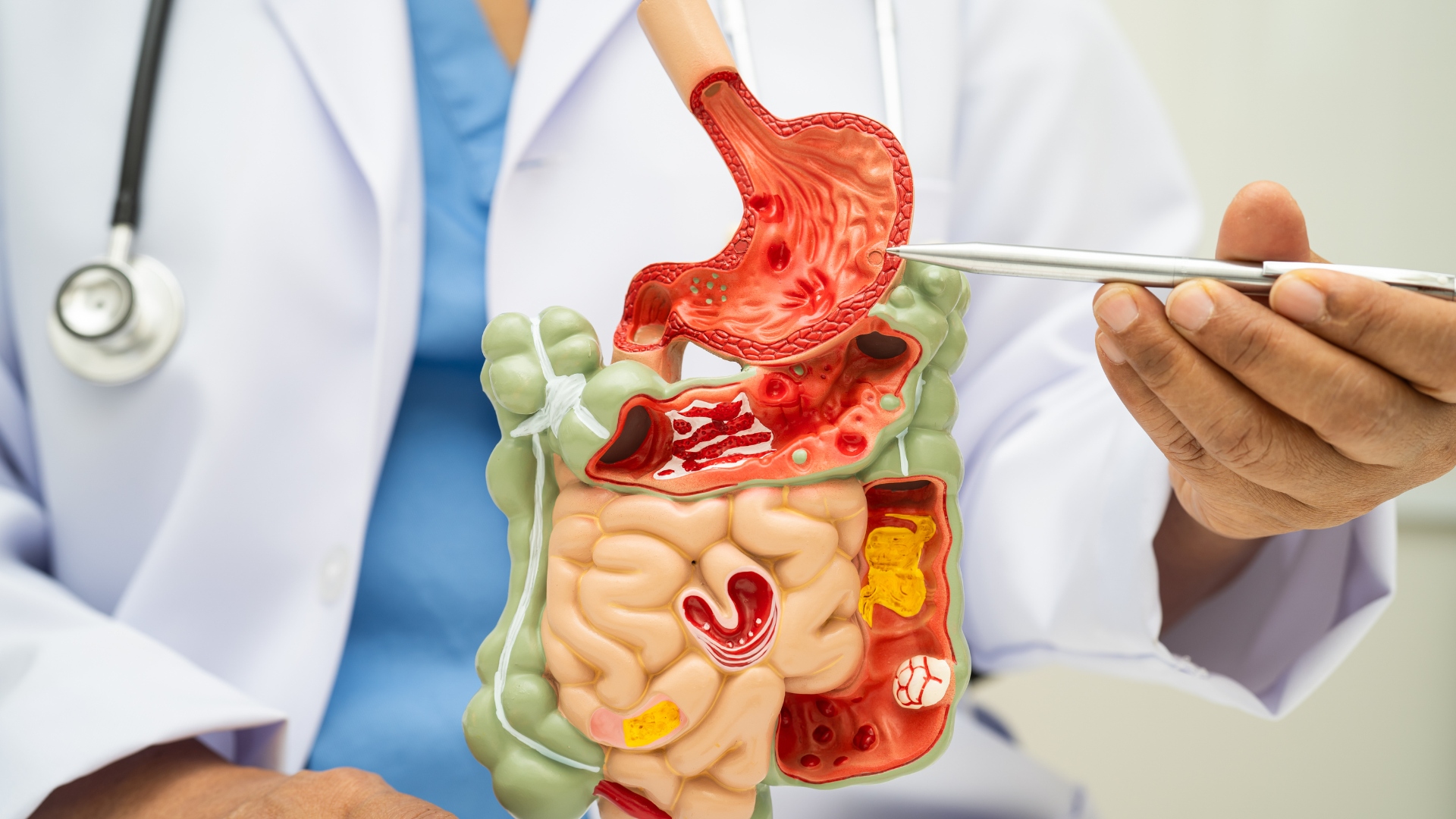
Good digestion is the cornerstone of overall health. When your digestive system runs smoothly, your body can absorb essential nutrients, eliminate waste efficiently, and keep your energy levels high. But due to sedentary lifestyles, unhealthy eating habits, and chronic stress, many people today struggle with digestive issues like bloating, gas, constipation, and indigestion.
The good news? Small lifestyle and dietary changes can make a big difference.
Here are 8 natural and effective ways to improve your digestion and support a healthier gut:
Table of Contents
1. Eat a High-Fiber Diet
Fiber is essential for digestive health. It adds bulk to the stool, promotes regular bowel movements, and prevents constipation. There are two types of fiber:
-
Soluble fiber (found in oats, bananas, apples, beans) helps soften stool and supports beneficial gut bacteria.
-
Insoluble fiber (found in whole grains, nuts, and vegetables) adds bulk to stool and helps food pass more quickly.
Aim for at least 25–30 grams of fiber daily for optimal digestion.
2. Stay Hydrated
Water plays a crucial role in digestion. It helps dissolve nutrients so they can be absorbed and also softens stool, preventing constipation. Drinking 8–10 glasses of water a day is a good starting point, but you may need more if you're active or live in a hot climate.
Pro Tip: Start your morning with a glass of warm water with lemon to kickstart your digestive system.
3. Chew Your Food Thoroughly
Digestion begins in the mouth. Chewing food properly breaks it down into smaller particles, making it easier for the stomach to process. It also mixes food with saliva, which contains digestive enzymes like amylase.
Take your time while eating — ideally chew each bite 20–30 times before swallowing. This simple habit can prevent bloating and indigestion.
4. Include Probiotics in Your Diet
Probiotics are “good bacteria” that support gut health by maintaining the balance of your intestinal flora. They help with nutrient absorption, prevent harmful bacterial overgrowth, and reduce symptoms like gas and bloating.
Sources of probiotics:
-
Yogurt with live cultures
-
Kefir
-
Sauerkraut
-
Kimchi
-
Miso
-
Pickles (fermented)
You can also consider a high-quality probiotic supplement if needed.
5. Avoid Overeating
Overloading your stomach with large portions puts stress on your digestive system. It can slow down digestion, cause bloating, and lead to acid reflux.
Instead, try:
-
Smaller, more frequent meals
-
Eating until you’re 80% full (a Japanese principle called Hara Hachi Bu)
-
Avoid lying down immediately after meals
6. Reduce Stress Levels
The gut and brain are closely connected via the gut-brain axis. Stress, anxiety, and depression can negatively affect digestion, leading to issues like irritable bowel syndrome (IBS), cramps, or bloating.
Ways to reduce stress for better digestion:
-
Yoga or stretching
-
Meditation or mindfulness
-
Deep breathing exercises
-
Spending time in nature
-
Adequate sleep
7. Get Regular Exercise
Physical activity stimulates the digestive tract and helps move food through the system more efficiently. It also reduces inflammation and supports the balance of healthy gut bacteria.
Aim for 30 minutes of moderate exercise (like walking, swimming, or cycling) most days of the week.
Even simple activities like walking after meals can enhance digestion and reduce bloating.
8. Limit Processed Foods and Added Sugars
Processed and fried foods, excess sugar, and artificial additives can damage gut flora, slow down digestion, and trigger inflammation. They often lack fiber and essential nutrients, making them hard to digest.
Choose whole, natural foods instead:
-
Fresh fruits and vegetables
-
Whole grains
-
Lean proteins
-
Healthy fats (like nuts, seeds, olive oil)
Cutting down on junk food can make a noticeable difference in how you feel after meals.
Improving digestion doesn't require drastic changes — it’s all about consistency and mindfulness. By incorporating fiber-rich foods, staying hydrated, eating slowly, and managing stress, you can create a strong foundation for long-term digestive health.
A healthy digestive system leads to more energy, clearer skin, stronger immunity, and a better mood.


